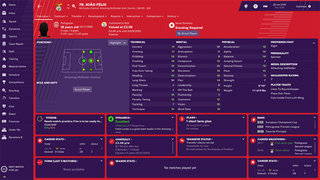

In general terms, a common approach is to associate success with various game-related performance indicators to identify playing styles that increase and/or decrease the probability of team success. Performance analysis in soccer is considered an important tool for evaluating team behaviours and improving team outcomes. Overall, this study showed the significant effects of various contextual variables on game styles played by teams in the EPL. Competing game styles significantly impacted total match goals scored, whilst match results were also influenced by game style combinations.

Regardless of venue, teams were more likely to play Style 3 against bottom 10 sides compared to either Style 1 (p < 0.001) or Style 2 (p < 0.001), suggesting a hierarchical order between contextual factors. Against top 10 opposition, teams were less likely to play Style 3 compared to either Style 1 (p < 0.001) or Style 2 (p < 0.001). Results revealed that when playing at home against teams identified by Style 1, teams were more likely to play Style 2 (p < 0.05) or Style 3 (p < 0.001).

Game styles were characterised using the moments of play framework where three distinct styles have been identified: Style 1 – moderate strength in defence Style 2 – dominance in transition, and Style 3 – strength in attacking phases of play. Interactions between styles and different playing venues, opposition quality, total match goals, and competing styles, were investigated using logistic regression and odds ratios. The aim of this study was to evaluate the influence of contextual factors on game styles in professional soccer.


 0 kommentar(er)
0 kommentar(er)
